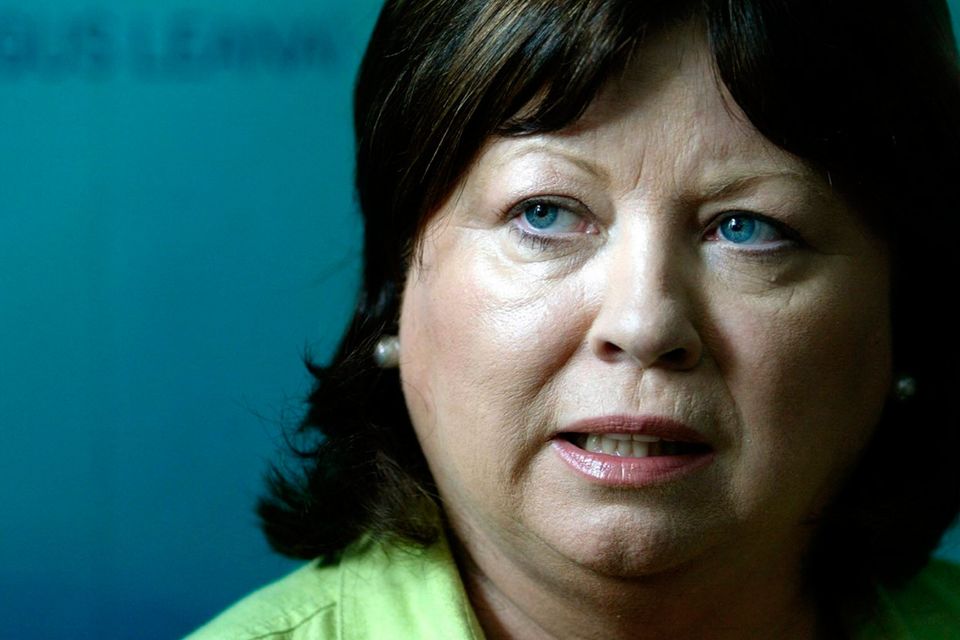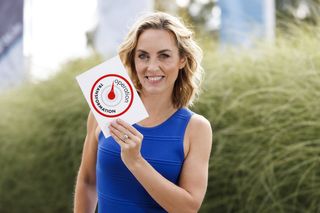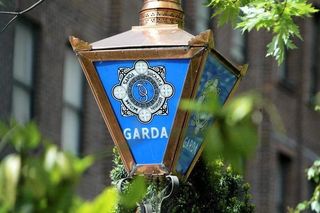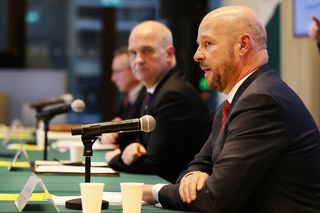Thousands are scared off bowel screening by scandal
Waiting times: Then health minister Mary Harney set new targets for colonoscopies of a month following a referral back in 2009
The HSE has blamed the CervicalCheck scandal for contributing to a drop off in thousands of people agreeing to take part in bowel cancer screening.
BowelScreen, the national programme, invites people aged 60-69 to agree to a free home test to help detect changes in the bowel before cancer develops.
However, new figures from the HSE reveal the BowelScreen take-up was nearly 20pc below target in June as the CervicalCheck crisis raged.
The target was to secure 11,500 people to take part, but participation was as low as 9,232, according to the HSE's latest performance report.
Overall, the numbers who received invitations and completed a test in the first half of the year dropped to 59,920, which was 7,043 under target.
It blamed bad weather earlier in the year and the "CervicalCheck controversy in May and June".
More than 2,700 people are diagnosed with bowel cancer in Ireland every year. It is the second most common cause of cancer death in the country.
If bowel cancer is found early it can be successfully treated.
The HSE expected that numbers would increase again as the year progressed.
However, the report warned that waiting times for an urgent colonoscopy, which is the invasive test needed to help diagnose bowel cancer, had deteriorated.
New target waiting times for colonoscopies were set at the beginning of 2009 after former health minister Mary Harney warned the HSE she wanted to see colonoscopies performed within one month of patients being referred.
The consequences of long waiting times for these tests were highlighted by Kilkenny woman Susie Long, whose bowel cancer diagnosis was delayed while she waited seven months for a colonoscopy. She died in October 2007.
However, the HSE report shows that only one-third of patients were seen within the recommended 20 days in June.
The worst-hit hospitals were St James's Hospital, Dublin; Kerry General Hospital; Letterkenny General Hospital; University Hospital Galway; the Mercy Hospital, Cork; Louth County Hospital; and Wexford Hospital.
In the first half of the year just one in two urgent patients were seen in the 20 working days.
Meanwhile, the HSE said the number of women screening for BreastCheck was also below target in June.
The target of 14,700 was not met and 335 women did not take up the invitation of a free mammogram that month.
It said that recruitment of additional staff was a priority by BreastCheck this year to cope with the extension of eligibility age to include women over the age of 65.
However, overall in the first half of the year the number of women who took up the BreastCheck invitation reached 84,975, which was 1.4pc ahead of target.
The other screening programme, Diabetic RetinaScreen, which aims to prevent sight loss in diabetics, increased by 9.9pc in June with 8,471 availing of the check.
Join the Irish Independent WhatsApp channel
Stay up to date with all the latest news















